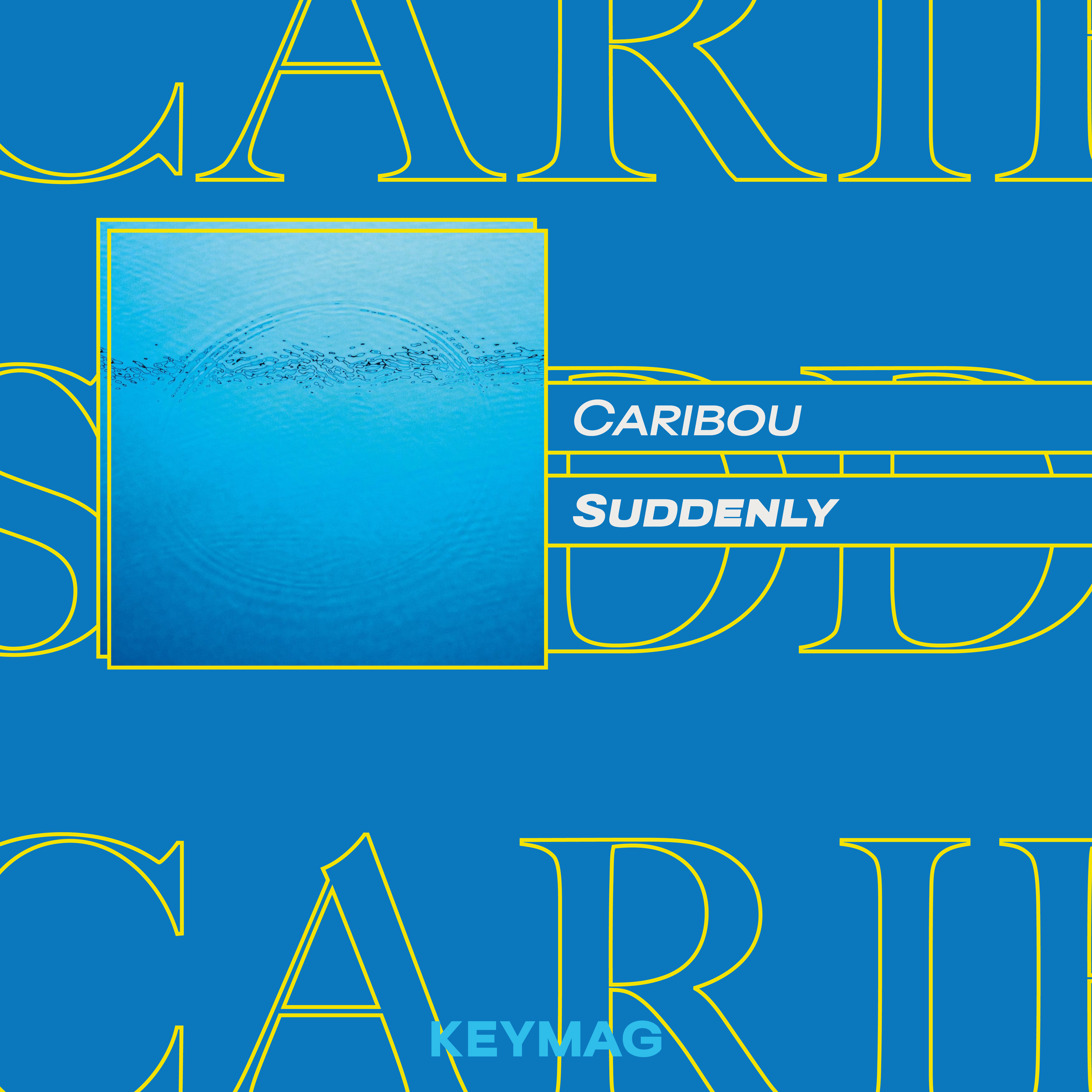Caribou - Suddenly
Written by Nathan Evans
Additional Editing by Anouska Liat
Caribou is the steady-rising moniker of Canadian producer and vocalist Dan Snaith. Since the project, formerly known as Manitoba - sometimes known as Daphni, began in 2001, it has taken him from micro-house, to psych-pop, to the dance fusion of his breakout album Swim. A mighty six years after his last, Caribou has captured another wonderous snapshot of his oft-imitated, never-mastered indie-tronic style.
Just like its accompanying artwork, Suddenly is equally reflective and buoyant. His juvenile falsetto ties together an album that straddles levity with complexity. Aquatic keys and synths swirl like schools of fish. Percussive elements centre around the machine-made kicks of dance music, which has been a regular feature since his 2010 switch-up on Swim. Placating one-shot sound effects that phase in and out to make every 4-bar feel unique.
The lines between tranquility and an emotional uplift are harsher and more clearly-defined than ever. This is in accordance with the more quick-cut production styles of hip-hop and experimental producers today such as JPEGMAFIA and Blood Orange. Samples are looped obliquely to maintain a blissful moment, or accelerated to the point of mesmerising disorientation (‘New Jade’, ‘Sunny’s Time’). ‘Home’ falls into the former category, and is one of Snaith’s best works. Excellent sample-play, killer production, emotive songwriting to match that Gloria Barnes flip, this track has it all.
Snaith is hopeful that the release of his eighth studio project marks the end of a period of separation and loss amongst his family life, which he had addressed frequently in recent interviews. Sonically, he casts back to the EDM explosion of the early-to-mid 2010s, and reframes it to soundtrack his familial turmoil. In that sense, Suddenly acts as a eulogy for a style of music that seemed built to last an eternity in the first half of the decade, but now has been coldly liquidated into pop music. Softened piano-house fuels ‘Never Come Back’, but instead of Ibiza-style drop, it releases a sole kick drum, some pot-pan percussion, and woozy secondary synths that never escape the feeling of shoe-gazing on the dancefloor, your head down whilst being surrounded by others having the time of their lives. ‘Ravi’ continues this club vernacular with torn-up female vocal samples and a pumping rhythm that calls back to the golden age of ecstatic French house that immortalised Daft Punk, Modjo and Cassius, though with some parts subtracted for a moderately more joyful tone.
There’s a magic that comes with Caribou’s relative reservedness; Dan isn’t aiming for sky-high happiness, just more everyday joys. The LP’s most energetic cuts occur through fluffy ear candy, not hard grooves, and these moments document Snaith rubbing pop melodies up against kaleidoscopic plunges. ‘You & I’ is deceptively simple, with a hook so basic, initial listens may border it on nursery rhyme. But the loose breakdowns of corkscrew synths, head-knocking trap snares, and whirlpool vocal snippets whisk together into a future bass-leaning wildfire that sparks the nerve-endings. Similarly, ‘Magpie’ has one of the most interesting ideas on the record; the first minute under a filter that perfectly replicates the sound of an old Beatles single playing on a cheap analogue radio, before the effect is washed away and a burst of colour soaks every crevice of your headphones.
Often still, Caribou cannot escape the usual traits of a Caribou record. Those usual inconsistencies seep in as they have done since Swim, the usual crop of stale cuts like ‘Lime’, with its strange and sudden diversion into chamber jazz on the outro, and ‘Like I Loved You’. In the same breath, ‘Cloud Song’ is very pretty to look at, but frankly does not need to even consider eeking towards seven minutes in length, closing the album on a bore. On a general note, the record’s sequencing is like the average person’s approach to pizza-making, tossing different styles about the place with no rhyme or reason other than to give a fake sensation of variety. Not to say Suddenly isn’t wide-ranging, but the ordering makes individually brilliant moments such as ‘Ravi’ feel like trace-overs.
As usual, Caribou takes from several different sectors of indie pop, psychedelia, dance and electronic music. Yet, true to form, his method of piecing everything together is forever fresh and endearing. Though comparisons can be made to aspects of Dan Snaith’s work, as demonstrated by this very review, it is far from derivative.


